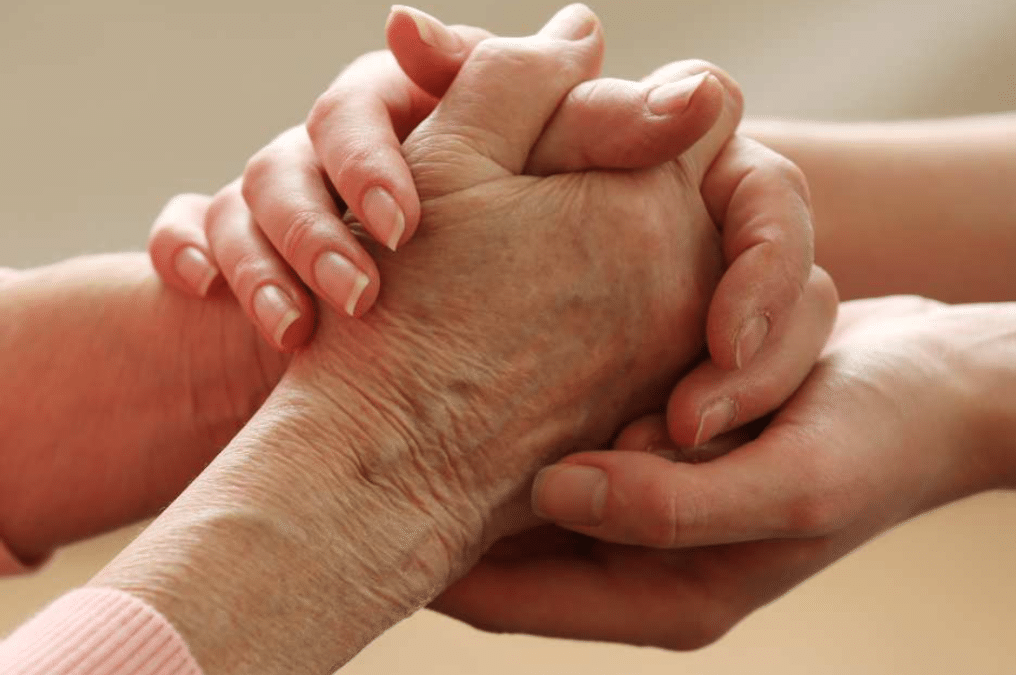Choosing the right type of care for yourself or a loved one is a significant decision that requires time and research to make the right choice. When it comes to choosing elderly care the two options that come to mind are likely a care home or home care, both of which have their merits. It is a completely personal choice, and something that is a perfect fit for someone may just not work for you or your loved one. So it is important to weigh up the pros and cons of each.
What is the Difference Between a Residential Care Home and Home Care?
Care Homes
A residential care home, also known as a care home or assisted living facility, is a residential setting where individuals live in private or shared accommodations while receiving assistance with daily activities and personal care. These facilities are typically staffed by trained caregivers who provide round-the-clock support to residents.
Care homes offer a range of services, including assistance with bathing, dressing, medication management, meal preparation, housekeeping, and transportation. They also provide social activities, and amenities to enhance their residents’ quality of life.
Residential care homes are ideal for individuals who require a higher level of care and supervision than can be provided at home but do not need the level of medical care provided in a nursing home. They are also able to offer different types of care depending on the individual, from dementia care to convalescent care. With a care home, you can be sure that there will always be an expert caregiver on hand to address you or your loved one’s needs.
Home Care
Home care, also known as in-home care or domiciliary care, involves receiving care and support in the home. Home care services are typically provided by trained caregivers who visit the individual’s home on a scheduled basis to assist with daily activities and personal care.
These services may include help with bathing, grooming, dressing, meal preparation, medication reminders, light housekeeping, and companionship.
Home care is tailored to the individual’s specific needs and can range from a few hours of assistance per week to round-the-clock care, depending on the level of support required. For home care it is worth noting that with increase round the clock care this can become more and more costly.
What are the Benefits of a Care Home
Sense of Community and Varied Social Interaction
Care homes provide a communal living environment where residents have the opportunity to interact with peers, participate in group activities, and form friendships. For individuals who value the benefits of social interaction and enjoy being part of a community, a care home can offer a supportive and engaging environment.
Home care is often not the right choice for those with high social needs as they are only likely to see their carer for a set amount of time, and that may be their only form of regular social interaction.
At a care home like Bernash, you or your loved one can benefit from organised trips out in the local areas, communal meals, and a supportive friendly environment. We also understand that sometimes it can get a bit overwhelming, which is why our residents also have the option to stay in their private rooms to have meals or just enjoy their own company.
Round-the-Clock Support
It is the norm for care homes to have trained staff available 24/7, should anything happen. This is not only great for peace of mind, but it is also helpful when it comes to medication management and other personal care needs like washing and dressing.
Access to Amenities and Facilities
A care home will often have easier access to amenities and facilities than the average house. Many care homes benefit from landscaped gardens and recreational areas for the residents to enjoy. At Bernash, we also encourage our green-thumbed residents to get involved in the garden, we’ve found many benefits of gardening, such as reducing stress and promoting well-being.
We also promote creative activities and have many art supplies that our residents can use to reap the benefits of creating and enjoying art.
The Benefits of Home Care
Independence and Familiarity
Home care allows for mostly independent living and is a good option if you or your loved one can safely take care of themselves, but may need a little help with specific daily tasks such as cooking or maintaining personal hygiene. It can also be useful to some not to have to move out of their home.
Flexibility and Control
Many home care services are flexible when it comes to scheduling based on changing needs and preferences. Individuals and their families have control over the timing and frequency of care visits, allowing for flexibility and autonomy in managing care arrangements.
The decision between care home and home care depends on individual preferences, care needs, and lifestyle considerations. Some people may thrive in the communal setting and round-the-clock support provided by a care home. In contrast, others may prefer the independence and familiarity of receiving care at home. By carefully evaluating the pros and cons of each option and considering personal preferences and needs, you can determine the right choice that best meets your or your loved one’s requirements for care and support. If you need any help or advice then get in contact with our helpful and friendly team.


